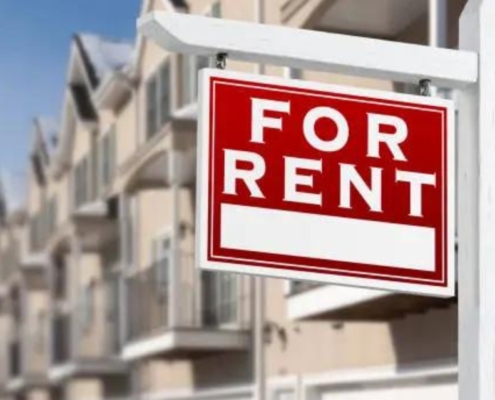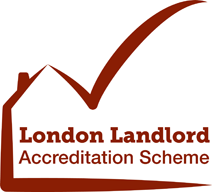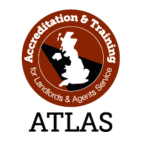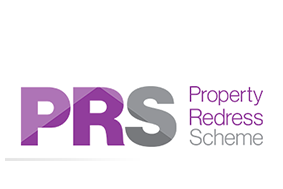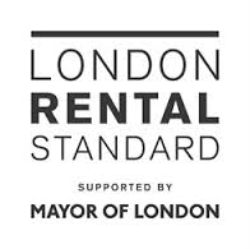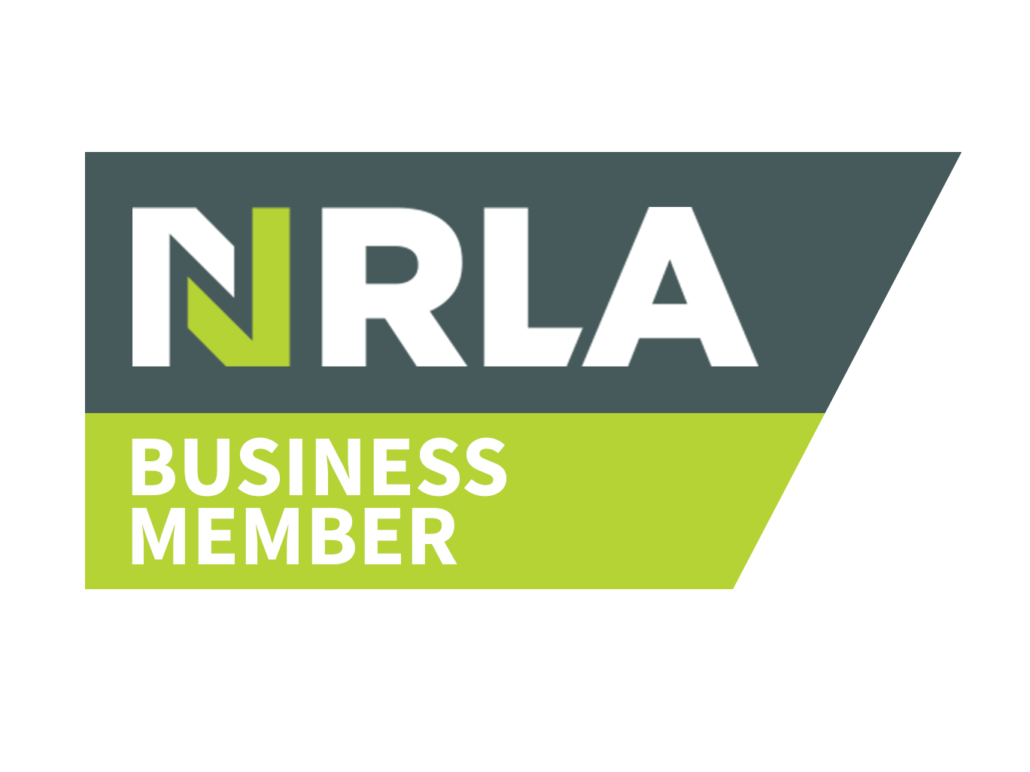Becoming a landlord in the United Kingdom offers promising investment opportunities, but it also comes with a myriad of legal responsibilities and obligations. Understanding and complying with landlord’s regulations in the UK is not just a best practice – it’s a legal requirement. Our dedicated Landlord’s Regulations Category is your one-stop resource for staying informed about the latest legal requirements, ensuring you manage your rental properties in compliance with UK law.
Right to Rent Checks:
The Right to Rent legislation is a cornerstone of UK landlord’s regulations. It requires landlords to verify the immigration status of prospective tenants to prevent illegal immigrants from renting properties. Our category provides detailed guidance on how to conduct these checks, complete with downloadable templates and updates on any changes in the law.
Tenancy Deposit Protection (TDP):
Protecting your tenant’s deposit is not just good practice; it’s the law. We offer insights into how to safeguard deposits using TDP schemes, ensuring your compliance with legal requirements. Learn about the procedures for handling deposits, issuing prescribed information, and resolving disputes while avoiding costly penalties.
Energy Performance Certificates (EPCs):
EPCs are an integral part of renting out a property in the UK. Our resources explain what EPCs are, how to obtain one, and how to improve your property’s energy efficiency rating. Stay informed about EPC requirements, including updates on minimum energy efficiency standards.
Gas Safety Checks:
If your property has gas appliances, annual gas safety checks are essential to protect your tenant’s safety and meet legal obligations. We provide guidelines on conducting gas safety checks, obtaining Gas Safety Certificates, and keeping comprehensive records to avoid legal repercussions.
Electrical Safety Standards:
Stay updated on the latest regulations surrounding electrical safety in rental properties. Learn about Electrical Installation Condition Reports (EICRs) and the mandatory checks required for maintaining safe electrical systems in your properties.
Smoke and Carbon Monoxide Alarms:
Understand the requirements for installing and maintaining smoke and carbon monoxide alarms in your rental properties. Our resources offer guidance on placement, maintenance, and testing, helping you ensure the safety of your tenants and your compliance with the law.
Housing Health and Safety Rating System (HHSRS):
Familiarize yourself with the HHSRS, a risk-based assessment tool used to identify potential hazards in rental properties. Our category provides insights into the assessment process and strategies to address identified hazards, ensuring your properties meet safety standards.
Licensing and Selective Licensing:
Some areas in the UK require landlords to obtain licenses for certain types of properties. Learn about Houses in Multiple Occupation (HMO) licensing, selective licensing, and additional licensing requirements. Stay informed to avoid legal complications and fines.
Our Landlord’s Regulations Category is your trusted resource for navigating the intricate landscape of landlord regulations in the United Kingdom. Staying informed and compliant is not just a legal necessity; it’s an essential component of successful and ethical landlordship. Whether you’re a seasoned landlord or just starting in the rental market, rely on our category to keep you up-to-date with the latest regulations, ensuring you operate your rental properties within the bounds of the law while safeguarding the rights and safety of your tenants.

